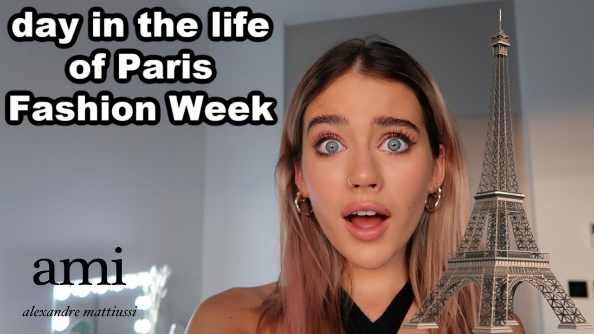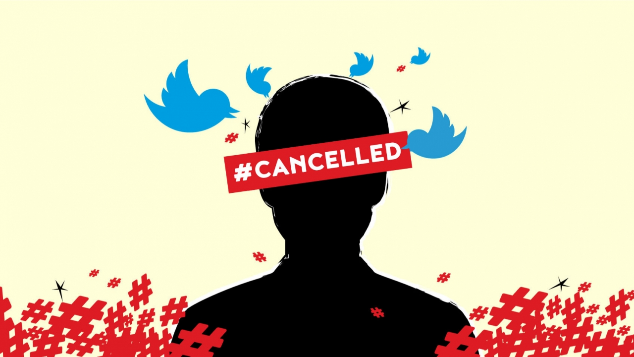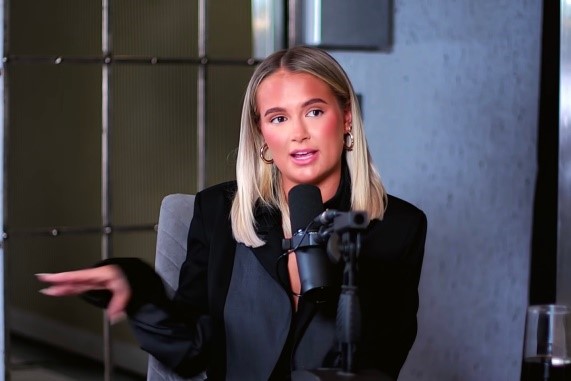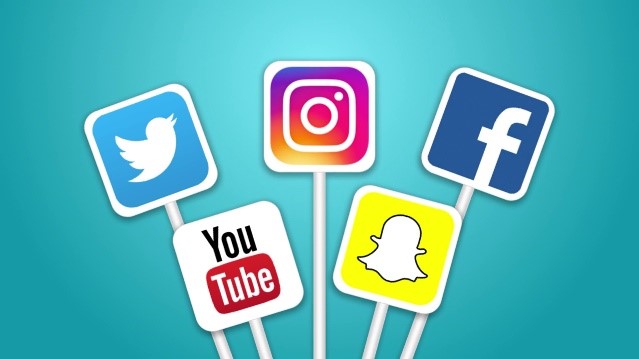Over the last ten years, the influence of social media has dramatically increased, with over 3.4 billion people using it. This has resulted in young people seeking inspiration and validation from platforms such as Tik Tok for entertainment and advice about what to wear and how to dress from a new breed of gurus known as “influencers”.
An influencer is defined as “a person or thing that influences another” and in the context of social media it refers to people who enjoy a high number of followers whom they can advise However, being an influencer brings lots of pressure to appear perfect and say the right things, as if they don’t manage to always maintain an appropriate media image, drastic consequences can occur, which sometimes lead to the phenomena of ‘Cancel Culture’.


Many well- known names have been affected by this fate. These include Youtubers Olivia Neill, Flossie and Molly Mae. They have all endured the experience of becoming victims of Cancel Culture for various reasons, such as breaking isolation rules in lockdown. While it is unknown who the first person to be ‘cancelled’ was, it has rapidly become common due to the increased use of social media where people can give their opinions even if the receiver does not want them.
Cancel Culture, or Call-out Culture, as it is sometimes referred to, is a modern form of ostracism. It involves someone being thrust out of social or professional circles – whether it be online, on social media, or in person. The aim is to remove them and their influence from the lives of those that follow them. Cancelling their public identity and disempowering them.
“What is cancel culture? Everything to know about the toxic online trend” “Why cancel culture is harmful and wrong” and “The mental health effects of Cancel Culture” are just a few examples of headlines on this subject, which indicate the problem and harm surrounding this culture, especially on the lives of those who are “cancelled”.
After speaking to a group of Sixth Form students, it was clear that there is a broad scope of negative opinions towards Cancel Culture. These seem to be widely shared with the general public, with many saying they think it’s “wrong” for someone to receive hate messages from strangers and that people shouldn’t try and take control of other people’s lives, as it is an abuse of power. Views on these online haters included that they “don’t understand the damage they will be doing”, especially to the mental health of the person was has been cancelled.


For example, Molly Mae Hague is the influencer who has been most under fire recently with her comments on the podcast Diary of a CEO where she said “we all have the same 24 hours in a day”. This was a flippant comment when referring to how she worked hard to become Creative Director of the fashion company, Pretty Little Thing. Her comment and went viral instantly and the hate Molly Mae was receiving was extreme.
After asking the opinions of Sixth Form students about their opinions on this specific case, the majority said that they “understood that what Molly said was wrong”, however the hate she received surrounding the comment was “unnecessary”. Molly Mae was called horrible names and talked down by many tabloid newspapers which is an example of the “unnecessary” hate she experienced. So is Cancel Culture wrong or just a natural part of online democracy? The Sixth Form were very clear that they felt it is a dangerous development and a threat to free speech.
By Lucy Pixton